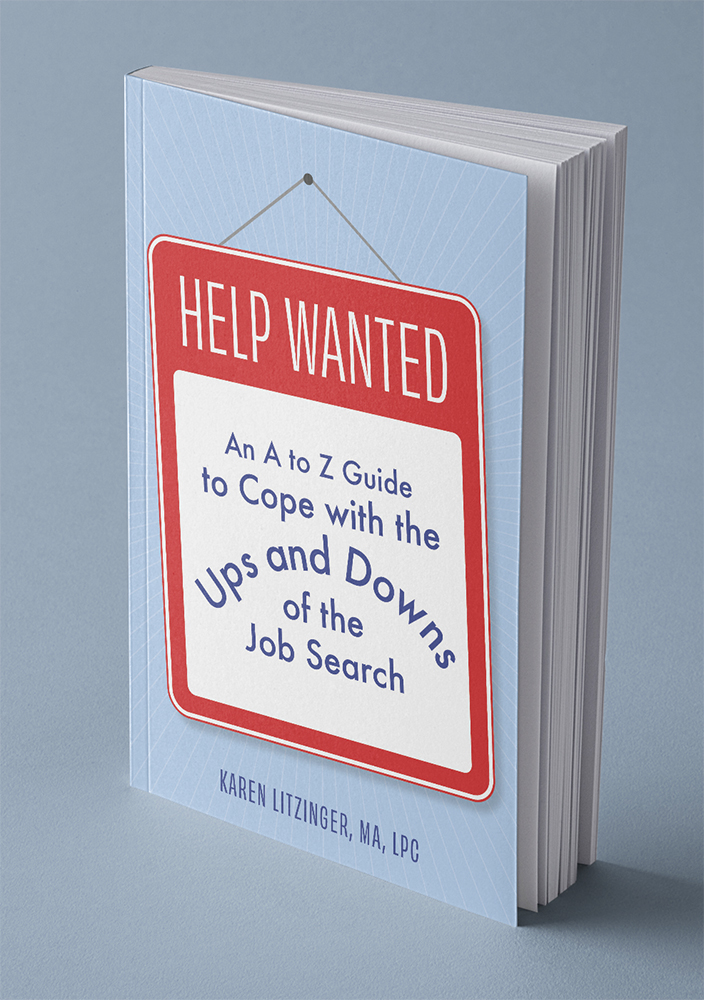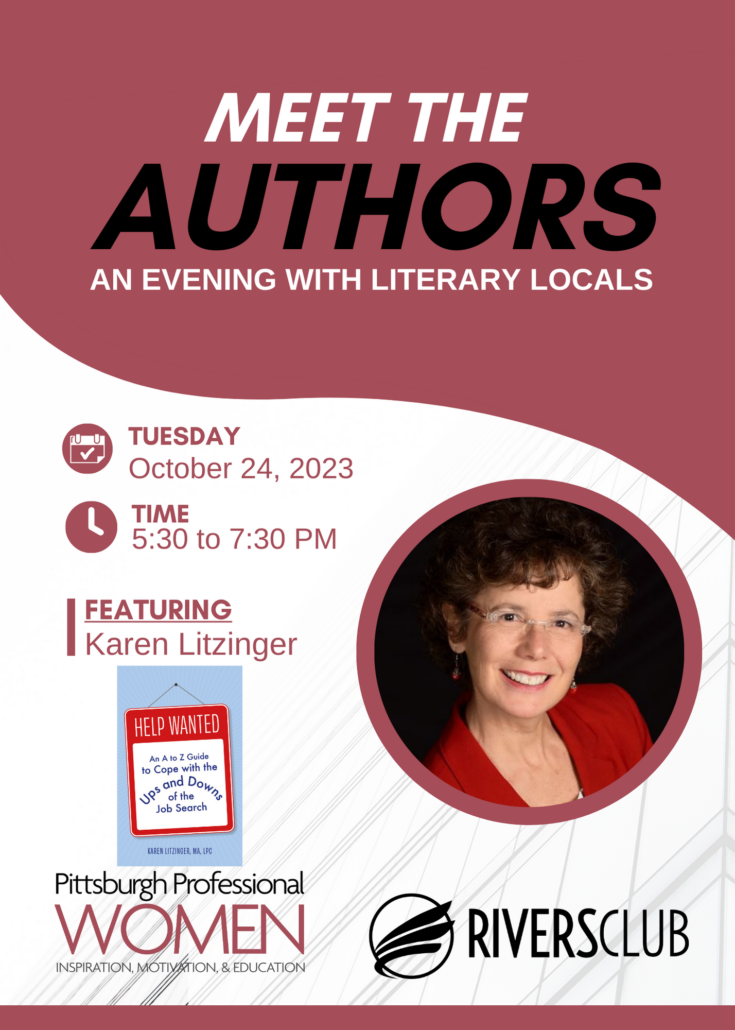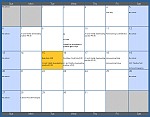When I received the article link to the Harvard Business Review article on bullying, it reminded me that I wanted to address this topic since I saw a fabulous presentation by Janet Glover-Kerkvliet at the Middle Atlantic Career Counseling Association through her role at the Workplace Bullying Institute. My notes are long since lost, but what I most remember and advise clients routinely is that the situation will most likely not change. The best recourse is to cut losses and start networking and looking for a new job.
The Harvard Business Review article noted that 48.6 million Americans or about 30% of the workforce are being bullied at work. Bullying has a significant impact not only psychologically, but physically, socially, economically and even organizationally, such as lost productivity, increased healthcare costs and turnover and replacement costs.
From the program and the Workplace Bullying Institute site, I’ve been most struck by:
Errors in Traditional Advice –
-Confronting the bully – It’s natural to think you should do this, but usually it doesn’t work and the bully has the power of surprise.
-Tell the bully’s boss – This person will not stop it because they likely know about the bully and condone or ignore the behavior, or they may be afraid of the bully.
-Tell Human Resources – HR is a management support function and not in a role to advocate. Even if a well-meaning HR person wanted to help, they usually do not have the clout to affect behavior, especially with higher-level managers. The Workplace Bullying Institute advises to tell HR last.
How to Take Action –
-Don’t delay action from paralysis, shame, hoping the bully will stop, or waiting until an investigation by HR or a law firm is over which can take months. Cut losses and start the healing process.
-Recognize and name the bullying early. Listen to your gut and perspectives of friends and family.
-Spend time quality time with people who can validate who you were before the bullying to help you counter shame.
-Find a mental health professional with expertise in trauma.
-Document specific situations, dates, places and who was present. Ask colleagues “Did you hear that?” Asking “Has it ever happened to you?” can help break the silence.
-Connect with an attorney to explore legal options. This can be difficult in that bullying is not illegal, but sometimes is connected to discrimination issues.
-If you want to go public, do so with the highest ranking neutral upper-level manager. Assemble cost data to show a business reason to address bullying. Rehearse and focus on facts, not emotions.
-Be prepared to be fired for speaking out. Keep contacts and projects organized and accessible at home as permitted since terminations for employees are often immediate.
-Begin networking and looking for another job to be happier and healthier.
The Workplace Bullying Institute has a plethora or resources for organizations wishing to prevent and intervene with bullying behavior and training for professionals of all backgrounds including in the mental health, HR, legal, and education fields.
The Workplace Bullying Institute has a special comprehensive section called Help for Bullied People, with sections including:
- Recognition
- Workplace Bullying Defined
- What Bullying Is Not
- Why It Happens
- Bullying Types and Tactics
- Targets, the Best Among Us
- About Your Perplexing Coworkers
- Selecting a Therapist
- Checking Legal Options
- Living After Bullying
I hope these insights help many people whether you are being bullied, know a victim, or can help someone personally or professionally who is being bullied.
Since the message that most resonated is that the bully will not change, please know I am here to help with action steps of networking and looking for a new job.









